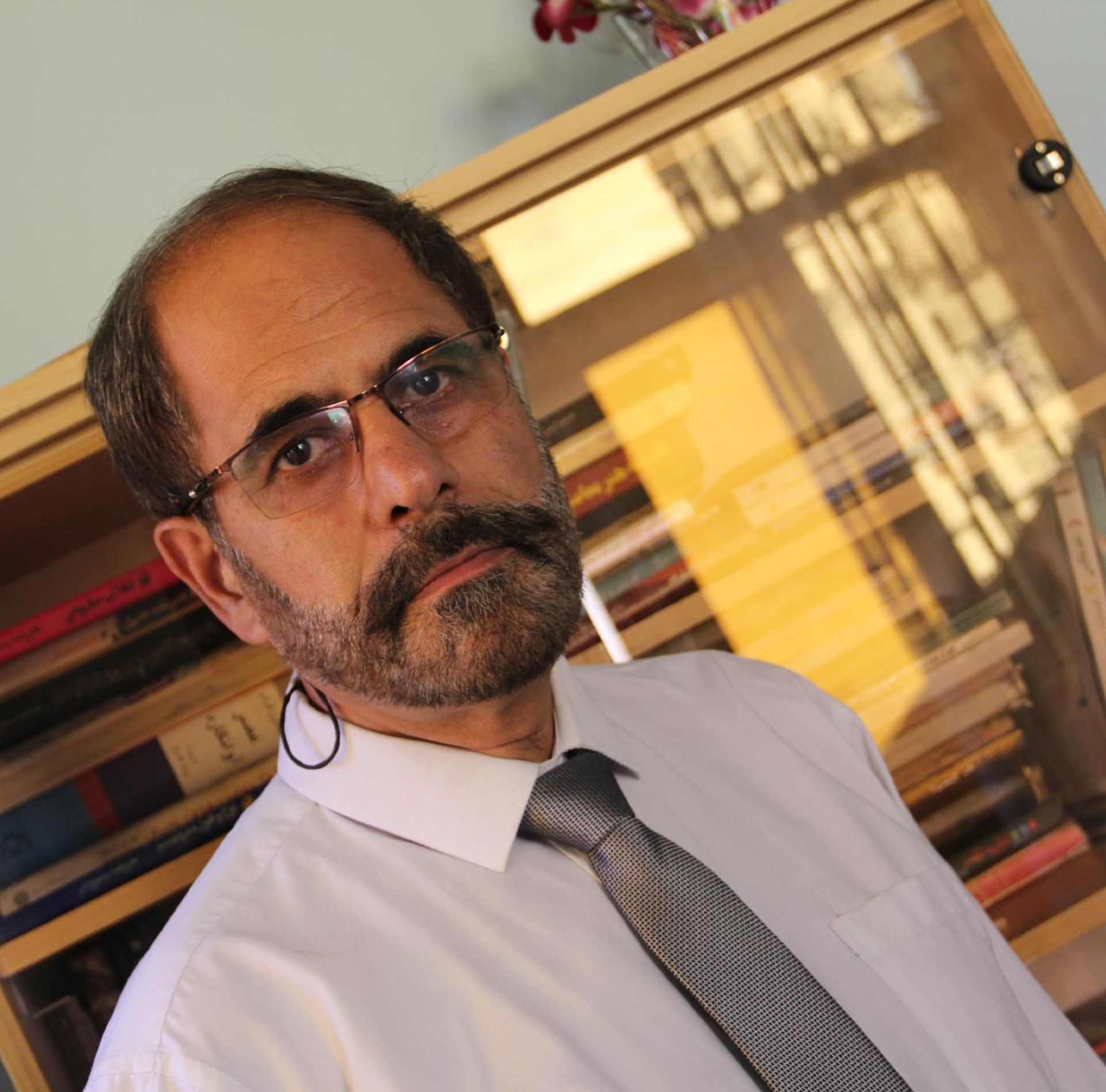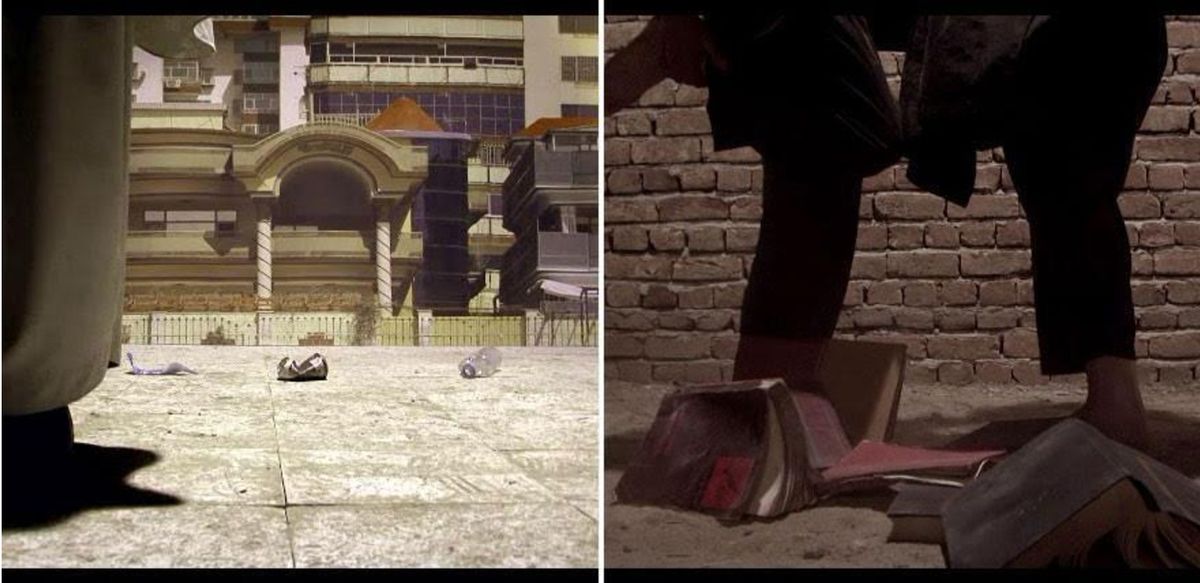Italy has taken in the prominent Afghan artist and curator, Abdul Wasi Rahraw Omarzad, who founded in his home country a college for women artists. Omarzad fled Afghanistan with the help and support of officials at the Italian Ministry of Foreign Affairs and the Italian Ministry of Culture, along with the Castello di Rivoli museum of contemporary art located near Turin. The Art Newspaper understands that Omarzad managed to flee Afghanistan with his family by land in recent weeks and arrived in Italy on Friday from a third country.
“When Carolyn Christov-Bakargiev [the director of Castello di Rivoli] learned in mid-August that he was still in Afghanistan, she lobbied the Italian government to help him claim asylum in Italy,” says a spokeswoman for Castello di Rivoli. The Thyssen-Bornemisza Art Contemporary TBA21 museum in Madrid and anonymous donors are also helping to support Omarzad’s residency and his teaching post at Turin's Accademia Albertina art school.

Rahraw Omarzad Photo: Manizh Nasrullah
Omarzad is the founder of both Gahnama-e-Hunar, the only art magazine in Afghanistan, which was set up in 2000, and the non-profit art space CCAA Centre for Contemporary Arts Afghanistan, which was established in Kabul in 2004.
“I had the pleasure of working with Professor Omarzad from 2010 to 2012 on the occasion of Documenta (13) in Kabul, the first international art exhibition in the country after the fall of the first Taliban regime (1996-2001),” says Christov-Bakargiev who, as Documenta curator, showed Omarzad’s video work Gaining and Losing (2012) at the quinquennial contemporary art event held in Kabul in 2012.
“In addition, Omarzad proposed many young artists from his CCAA Centre to the workshops we organised in Kabul… if he had remained in Afghanistan after the arrival of the Taliban [in] late August, Omarzad would have been a particularly exposed person for various reasons including the fact that he had created a centre for the development of contemporary artistic culture and a training school for women artists [the Women’s Centre for the Arts],” she adds.


